Early warning signs of 13 cancers
Cancer is no longer a rare disease. To catch it in time, learn about the following early warning signs.
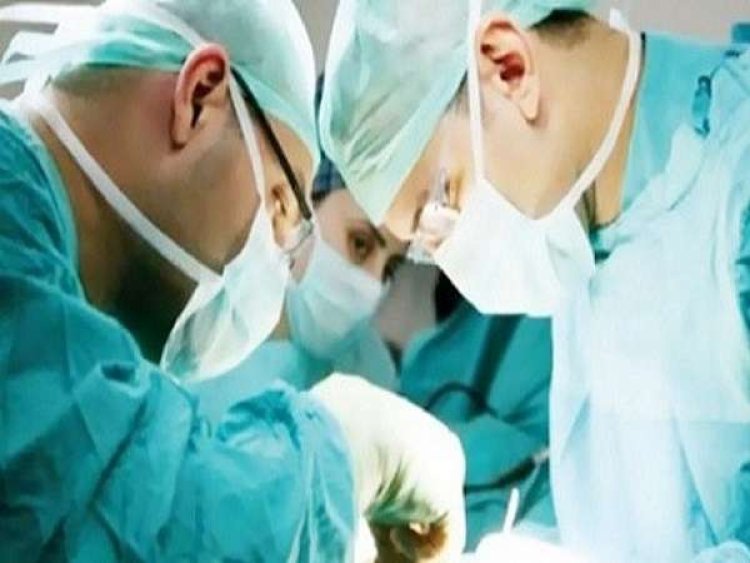
Here are some symptoms that could be about cancer, but could also be a sign of something else. If you have any of the following symptoms, see your doctor right away!
The sooner you find out exactly what's causing the symptom, the more assured that you're getting the right treatment.
- Bladder and kidney cancer: You may see blood in your urine, have burning pain, or urinate too much. Other conditions that may result from these symptoms include urinary tract infections and interstitial cystitis.
- Breast cancer: Thick, itchy, red, or painful lump or mass in the nipple area that is not caused by pregnancy, breastfeeding, or menstruation. However, not all tumors are cancerous.
- Cervical, endometrial and uterine cancer: Bleeding between menstrual cycles, abnormal discharge, heavy and irregular periods. These symptoms can also be caused by endometriosis or uterine fibroids.
- Colon cancer: rectal bleeding, blood in the stool or changes in daily digestive habits such as persistent diarrhea and constipation are warning signs that need to be examined promptly. These symptoms can also be the result of inflammatory bowel disease (IBD).
- Laryngeal cancer: persistent cough, hoarseness may be signs you have. However, voice changes can also be caused by polyps or hypothyroidism.
- Leukemia: Soreness, fatigue, weight loss, repeated infections, nosebleeds, bone or joint pain, easy bruising on the skin are possible warning signs of leukemia.
- Lung cancer: A persistent cough, bloody sputum, a feeling of heaviness in the chest, or chest pain may indicate lung cancer. But this can also indicate pneumonia.
- Lymphoma (a group of blood cancers that develop from lymph cells): swollen lymph nodes, itchy skin, night sweats without a cause, fever and weight loss… can be signs of the disease Lymphona.
- Oral and Throat Cancer: If you develop chronic sores on your mouth, tongue or throat, white patches in your mouth should be checked by your doctor. White spots or sores can also be caused by a weak immune system, stress, trauma to the mouth, or IBD.
- Ovarian cancer: for this disease, it usually has no symptoms until the disease develops in a later stage. These symptoms can include weight loss, fatigue, bloating, and abdominal pain.
- Pancreatic cancer: like ovarian cancer, pancreatic cancer only has signs when the disease has progressed to a later stage, the symptoms are yellow skin, or pain deep in the stomach and back.
- Skin cancer: This type of cancer usually manifests as moles that change color, size or shape, sores, lumps, warts-like lumps under the skin, or ulcers that never heal.
- Stomach cancer: Vomiting blood or frequent indigestion, abdominal pain after eating, weight loss can be signs of stomach cancer. However, you also do not need to worry because it can be a sign of a stomach ulcer.

Cancer prevention tips
If cancer runs in your family or you're in poor health, it's important to be aware of your risk factors.
Being proactive and making healthy life choices can help you reduce your risk of developing cancer. Some ways you can do this include:
- Exercise regularly: At least 30 minutes per day. Studies have shown that regular and moderate exercise can reduce your cancer risk by at least 30%.
- A healthy, balanced diet: it's a diet low in fiber, with little or no red meat, and high in fresh fruits and vegetables. You can also absorb fats, but make sure they are healthy fats.
- Quit smoking: Secondhand smoke can increase your cancer risk by 30%.
- Limit alcohol use: Moderate drinking is acceptable. One drink a day has been found to reduce a number of health risks, including the risk of heart disease. However, drinking too much alcohol can increase your risk of breast cancer.
- Don't smoke plus drink: Smoking combined with alcohol has been shown to significantly increase cancer risk for oral cancer, esophageal cancer, and other cancers.
- Maintain regular gynecological exams: This includes Pap smears and mammograms. The Pap smear is the only screening tool for cancer that has been able to reduce the number of deaths from any cancer in the world. Mammograms should usually be started between the ages of 35 and 40.
- Get a monthly breast exam: If it's started early, it can reduce your chances of getting cancer at an early, less dangerous stage.
- Use sunscreen: Use sunscreen with SPF 15 or higher in any case you have to be outdoors. Limit outdoor time in the middle of the day.
- Safe sex: Always use condoms unless you are in a long-term, monogamous relationship!
Women can significantly reduce their risk of cervical cancer by having regular Pap smears and physical exams with their gynecologists. Cervical cancer is one of the most common deadly malignancies among young women today.
Epidemiological studies show that the risk of cervical cancer increases when women are sexually active at an earlier age, have multiple partners, and have unprotected sex more often.
The U.S. Food and Drug Administration (FDA) has approved a vaccine against HPV and cervical cancer that women can receive before they have sex to limit the disease.

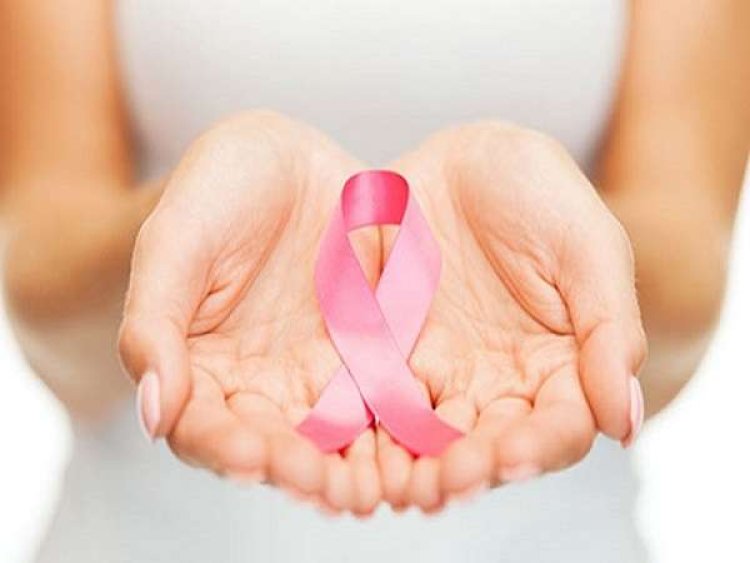



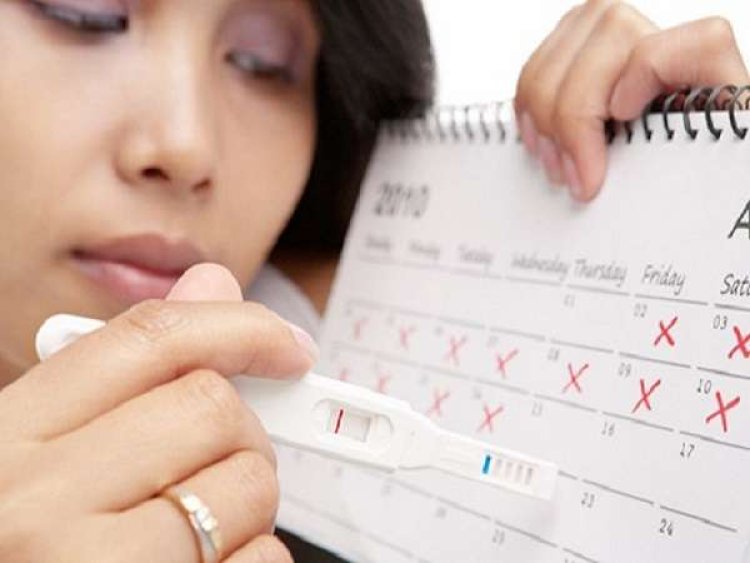
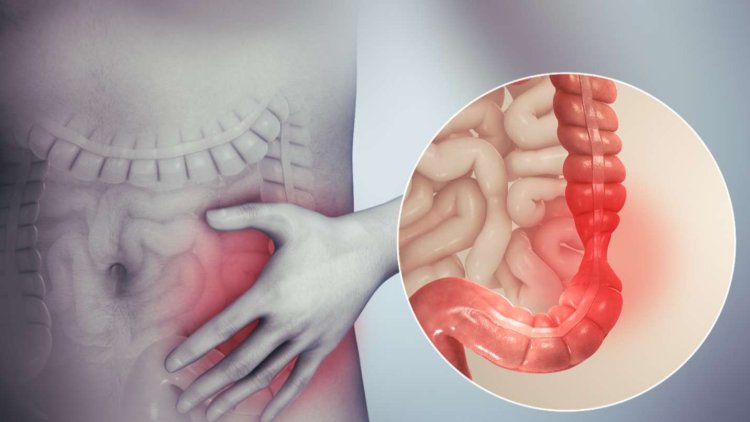
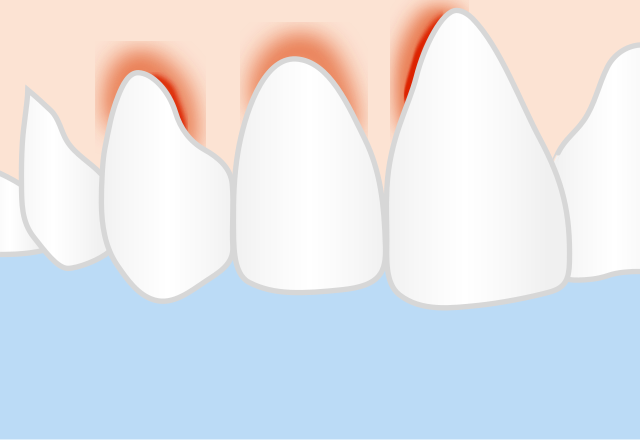


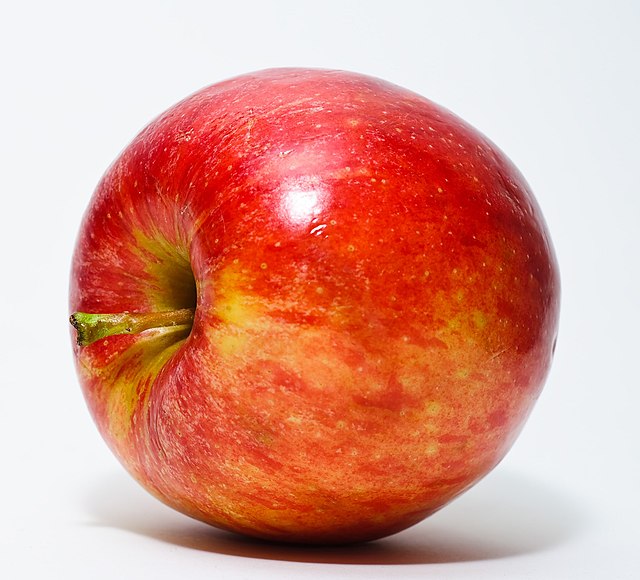

.jpg/640px-Ripe_bitter_melon_(Momordica_charantia).jpg)


